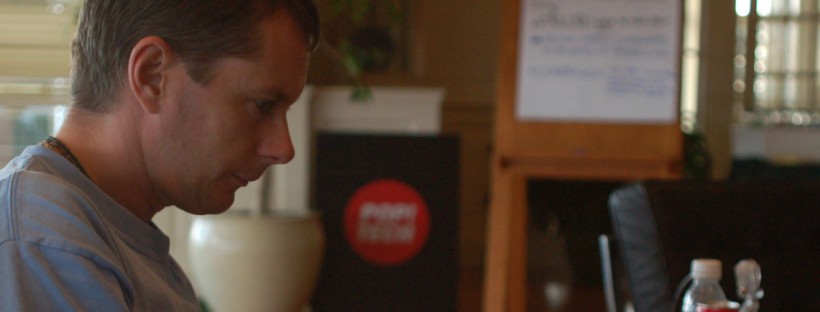There’s something very interesting going on in South America at the moment. It doesn’t seem to be getting a huge amount of attention, but if it catches on it could have far and wide implications for all of us.
Indigenous communities there have lived off their tribal lands for generations. While many still do, others lost theirs long ago as natural resources were discovered, large-scale farmers and loggers moved in, and national parks were created. Few, if any, got compensated or received any stake in the financial riches that often followed their expulsion.
Indeed, kicking people off their land has been a bit of a pastime for many governments over the course of the last century or so. There didn’t seem to be anything wrong with it at the time. Why, the British government expelled an entire population from an island in order to help out the Americans with Diego Garcia. Doesn’t seem right, somehow.
 But things seem to be changing. Indigenous and local groups, backed up by a growing band of (brave) new leaders have begun wrestling back what many people see as rightfully theirs. Assets are being transferred back into state control, but not just any old assets. Oil and gas fields, as it happens.
But things seem to be changing. Indigenous and local groups, backed up by a growing band of (brave) new leaders have begun wrestling back what many people see as rightfully theirs. Assets are being transferred back into state control, but not just any old assets. Oil and gas fields, as it happens.
Bolivia recently declared it was nationalising foreign energy companies, and Ecuador recently seized the assets of American giant Occidental (although this was part of a specific dispute – oil companies in general have nothing to fear, or so they’re telling them). Hugo Chavez (who seems to hold two jobs – one President of Venezuela and the other to annoy the hell out of George Bush) was behind recent moves to bring Venezuela’s oil assets under the control of the state oil company. This hasn’t gone down too well with the Bush administration generally, nor Exxon Mobil, Chevron or ConocoPhillips who run some of the fields.
Protests against foreign ownership and control of national assets are nothing new. The key difference here, though, is that they’re government-led. We’re not talking about a bunch of armed rebels such as those working for the Movement for the Emancipation of the Niger Delta in Nigeria (MEND). These guys just blow up the odd pipeline or kidnap the odd oil worker, and then retreat back to the bush. (MEND may be new on the scene, but this battle has been going on for some time).
It’s hard to argue why a country shouldn’t have control of its natural resources. Maybe the tide is beginning to turn against the global corporate machine, and oil and gas could just be the start.

